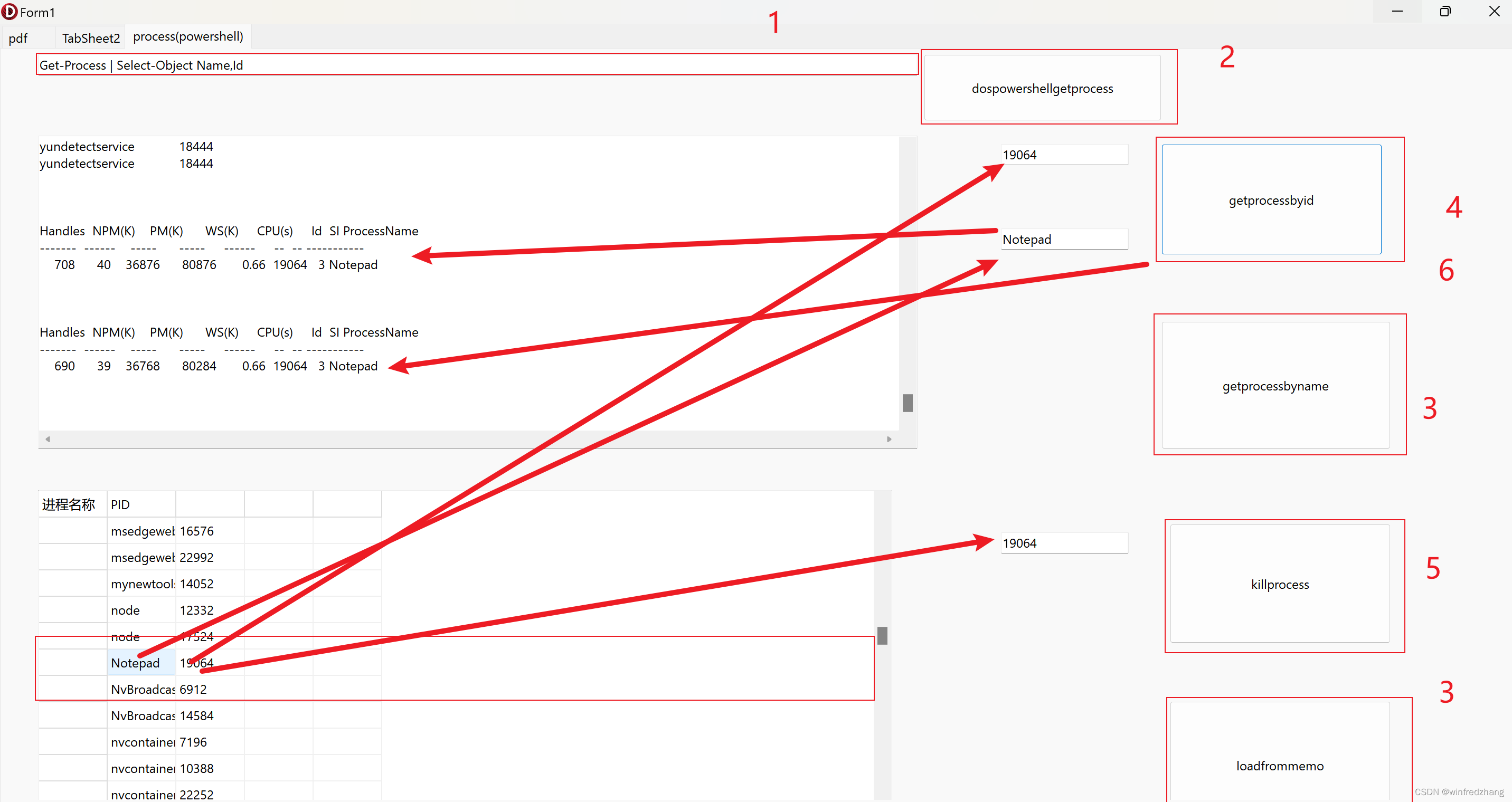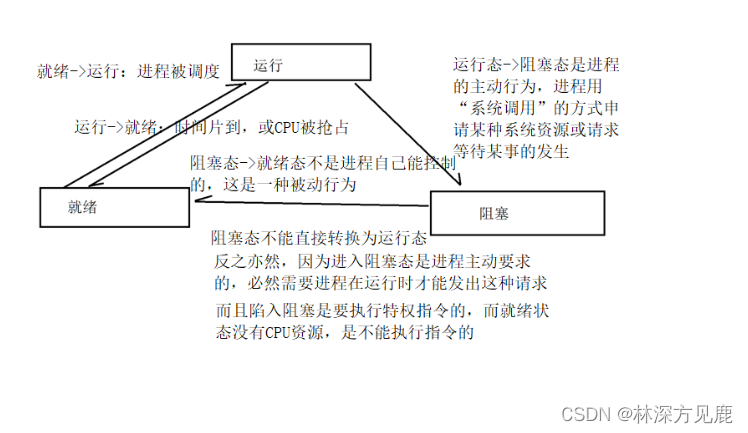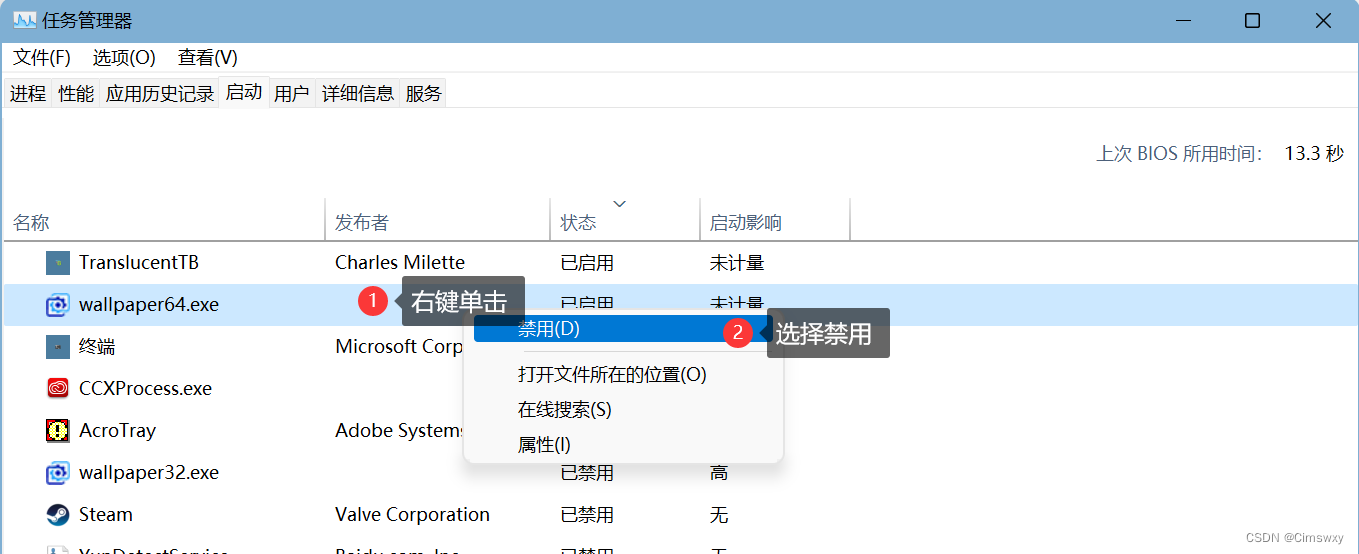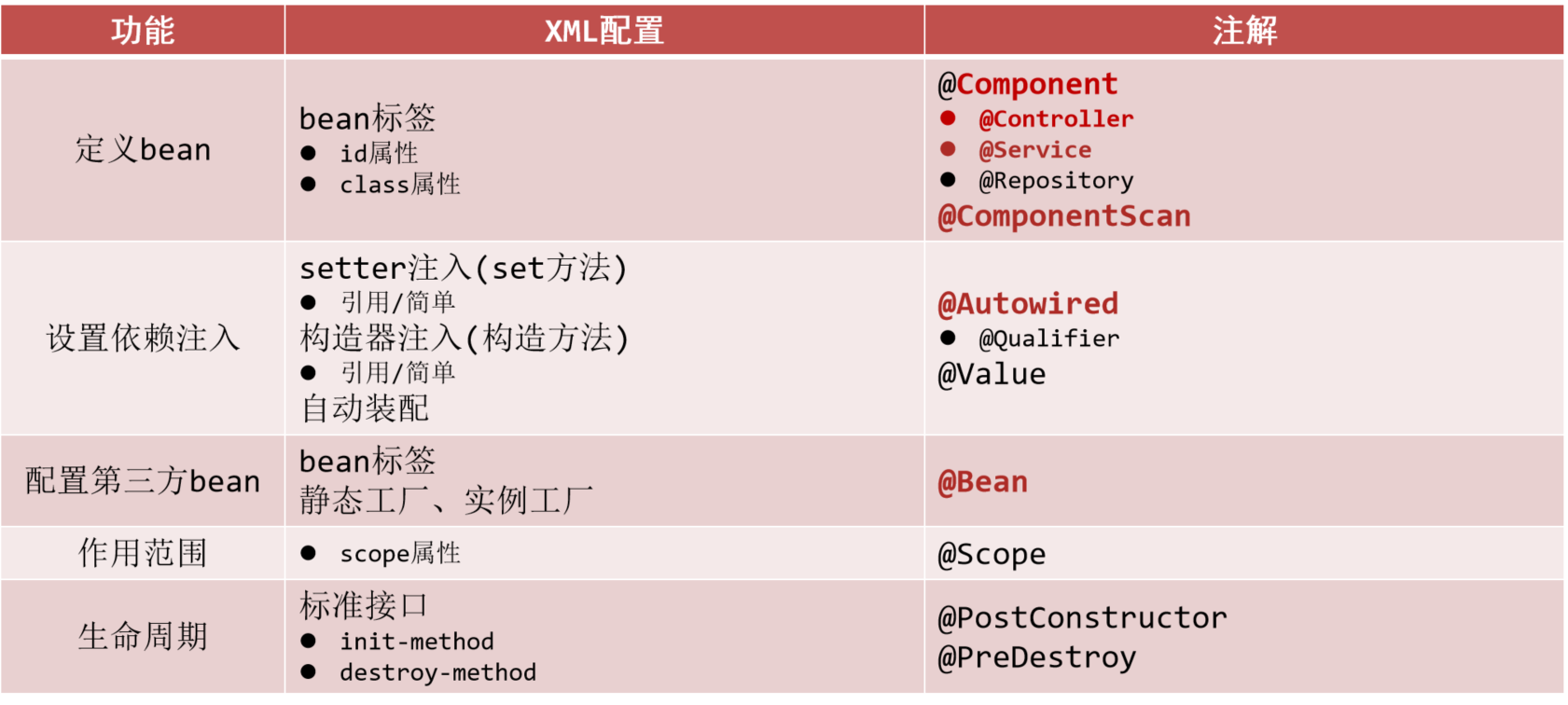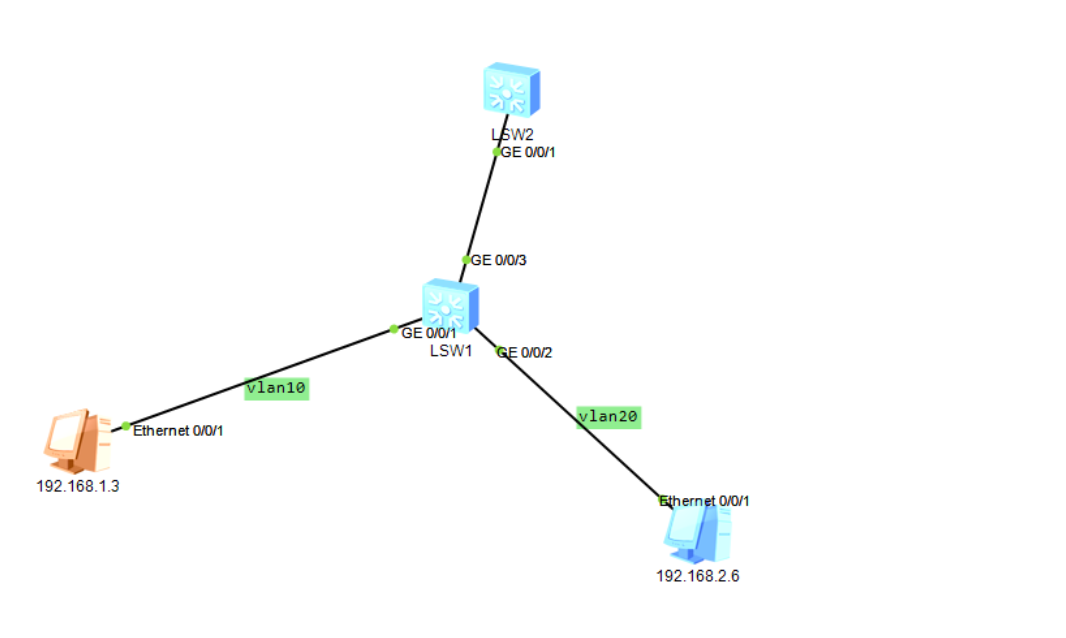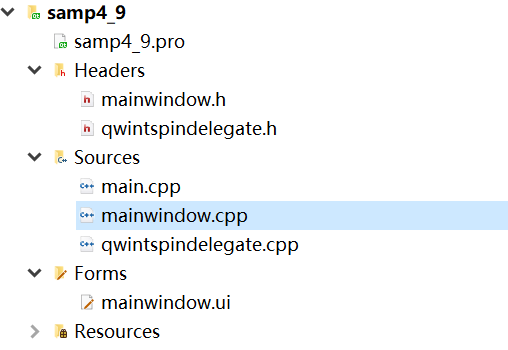列出当前运行的进程:
var
PowerShellPath, ScriptPath, CommandLine: string;
begin
Memo6.Clear;
PowerShellPath := 'powershell.exe '; // 假设 PowerShell 可执行文件在系统环境变量中
// 构造命令行参数
CommandLine := 'Get-Process | Select-Object Name,Id';
// 设置命令行参数
DosCommand2.CommandLine := PowerShellPath + CommandLine;
// 启动进程
DosCommand2.Execute;按照进程的id列出详细信息
var
PowerShellPath, ScriptPath, CommandLine: string;
begin
PowerShellPath := 'powershell.exe '; // 假设 PowerShell 可执行文件在系统环境变量中
// 构造命令行参数
CommandLine := ' Get-Process | Where-Object { $_.id -eq ' + #39 + self.Edit4.Text + #39 + '}';
// 设置命令行参数
DosCommand2.CommandLine := PowerShellPath + CommandLine;
// 启动进程
DosCommand2.Execute;
end;按照进程的name列出详细信息
var
PowerShellPath, ScriptPath, CommandLine: string;
begin
PowerShellPath := 'powershell.exe '; // 假设 PowerShell 可执行文件在系统环境变量中
// 构造命令行参数
CommandLine := ' Get-Process | Where-Object { $_.name -eq ' + #39 + self.Edit5.Text + #39 + '}';
// 设置命令行参数
DosCommand2.CommandLine := PowerShellPath + CommandLine;
// 启动进程
DosCommand2.Execute;
end;按照id来kill进程
var
PowerShellPath, ScriptPath, CommandLine: string;
begin
PowerShellPath := 'powershell.exe '; // 假设 PowerShell 可执行文件在系统环境变量中
// 构造命令行参数
CommandLine := ' Stop-Process -Id ' + #39 + self.Edit6.Text + #39 + ' -ErrorAction Stop';
// 设置命令行参数
DosCommand2.CommandLine := PowerShellPath + CommandLine;
// 启动进程
DosCommand2.Execute;
end;将返回的结果加载到stringgrid中
var
ProcessList: TStringList;
ProcessInfo: TStringList;
i, j: Integer;
begin
// 获取命令行输出
ProcessList := TStringList.Create;
ProcessInfo := TStringList.Create;
try
ProcessList.Text := Memo6.Text;
// 在表格中显示进程列表
StringGrid1.RowCount := ProcessList.Count + 1;
StringGrid1.Cells[0, 0] := '进程名称';
StringGrid1.Cells[1, 0] := 'PID';
for i := 0 to ProcessList.Count - 1 do
begin
ProcessInfo.CommaText := ProcessList[i];
for j := 0 to ProcessInfo.Count - 1 do
StringGrid1.Cells[j + 1, i + 1] := ProcessInfo[j];
end;
finally
ProcessList.Free;
ProcessInfo.Free;
end;
end;选择行
procedure TForm1.StringGrid1FixedCellClick(Sender: TObject; ACol, ARow: Integer);
begin
StringGrid1.Options := StringGrid1.Options + [goRowSelect];
// 选择第2行(索引从0开始)
StringGrid1.Row := ARow; // 如果要选择多行,可以使用StringGrid1.Row属性的范围来选择多个连续行
// 可选:将焦点设置到StringGrid以确保选择可见
StringGrid1.SetFocus;
end;
选择单元格
procedure TForm1.StringGrid1MouseDown(Sender: TObject; Button: TMouseButton; Shift: TShiftState; X, Y: Integer);
var
ACol: Integer;
ARow: Integer;
begin
// 获取点击位置的列索引
ACol := StringGrid1.MouseCoord(X, Y).X;
ARow := StringGrid1.MouseCoord(X, Y).Y;
// 判断是否点击了第一列(索引为0)
if ACol = 0 then
begin
// 在这里执行第一列被点击时的操作
StringGrid1.Options := StringGrid1.Options + [goRowSelect];
// 选择第2行(索引从0开始)
StringGrid1.Row := ARow; // 如果要选择多行,可以使用StringGrid1.Row属性的范围来选择多个连续行
// 可选:将焦点设置到StringGrid以确保选择可见
StringGrid1.SetFocus;
end;
if ACol <> 0 then
begin
// 在这里执行第一列被点击时的操作
StringGrid1.Options := StringGrid1.Options - [goRowSelect];
选择第2行(索引从0开始)
// StringGrid1.Row := ARow; // 如果要选择多行,可以使用StringGrid1.Row属性的范围来选择多个连续行
// 可选:将焦点设置到StringGrid以确保选择可见
StringGrid1.SetFocus;
end;
end;鼠标点击时将name和id分别赋予相应的输入框,为下一步操作做准备。
procedure TForm1.StringGrid1Click(Sender: TObject);
var
SelectedRow, ColIndex: Integer;
CellValue: Integer;
begin
SelectedRow := StringGrid1.Row; // 获取选定的行索引
// 遍历选定行的所有单元格
for ColIndex := 0 to StringGrid1.ColCount - 1 do
begin
// 检查单元格的内容是否为数字
if TryStrToInt(StringGrid1.Cells[ColIndex, SelectedRow], CellValue) then
begin
Edit4.Text := CellValue.ToString; // 将数字内容显示在Edit组件中
// Edit6.Text := CellValue.ToString; // 将数字内容显示在Edit组件中
Edit6.Text := CellValue.ToString; // 将数字内容显示在Edit组件中
Exit; // 找到数字内容后退出循环
end;
Edit5.Text := StringGrid1.Cells[ColIndex, SelectedRow]
end;
// 如果未找到数字内容,将Edit组件清空
Edit6.Text := '';
end;结果如下
